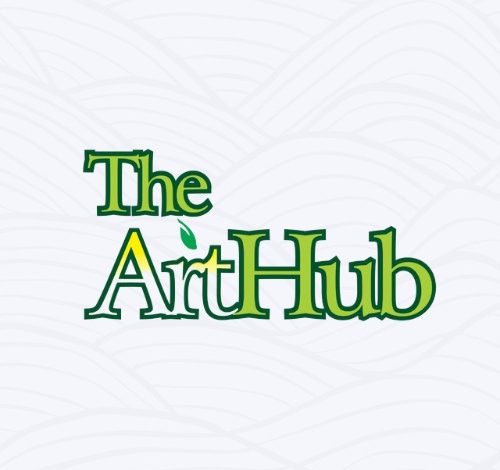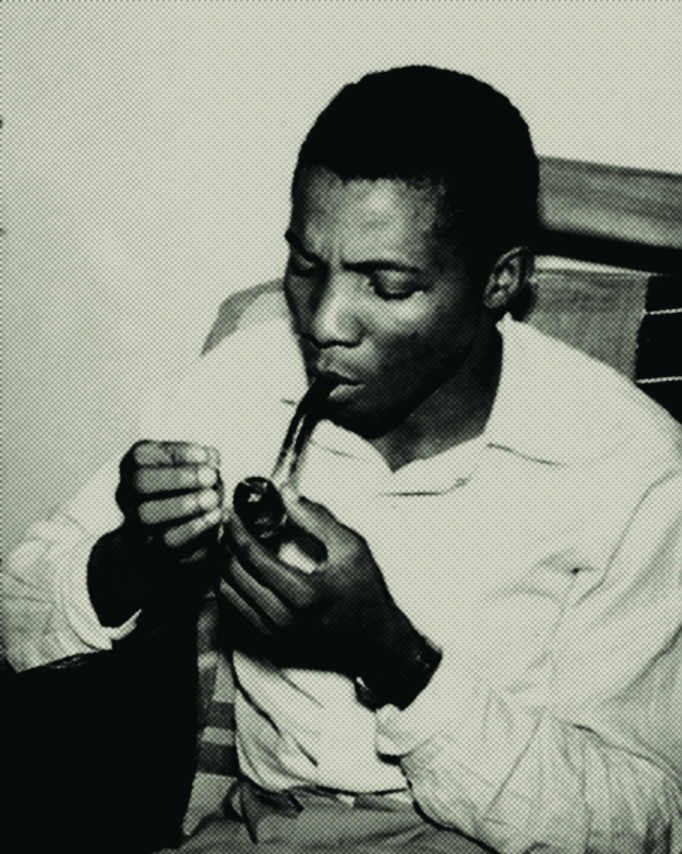Experts urge Africans to decolonise their mind to promote literature in indigenous languages
* ‘We are being taught to hate our own mother tongues’
* ‘How do we develop writing in African languages?’
* ‘African languages are our wealth, our resources’
By Godwin Okondo
ALTHOUGH colonialism ended in Africa many decades ago, the imprints of that evil political imposition by European powers still reach deep, not least in the insidious area of foreign languages Africans wholeheartedly embraced at the expense of their own indigenous languages. The continent has become none the wise for this foolhardiness. Swahili and Hausa are just about the only two indigenous African languages spoken in fairly widespread areas. Even these two languages have limitations of spread across a vast continent with thousands of other indigenous languages or mother tongues competing for attention.
This vexious, biblical Babel-like situation where communication among Africans is difficult prompted the Pan-African Writers Association (PAWA), in collaboration with the Committee for Relevant Art (CORA), to hold a convention on the need to promote literature in Africa’s indigenous languages. The session had digital media support from POetry Translation Centre, London. The aim is to ultimately promote literacy among Africans in their mother tongues that are facing extinction in the face of colonial languages dominating discourse on the continent. This convention was at Lagos Book and Art Festival (LABAF, November 15 – 21, 2021) that ended recently in Lagos.

With the theme ‘Development of Literature in African Indigenous Languages’, it featured panelists from different African countries, who shared experiences on literature in indigenous languages and how it has fared so far in their various countries. Members of the panel included Mangaza Kitundwa (DR Congo); Mamothibeli Sehlabo (South Africa); Osama Gad (Egypt) and Dr. Rahab Njeri (Kenya), with Kola Tubosun moderating the session.
The Secretary General of PAWA, Dr. Wale Okediran (Nigeria), spoke about the communication challenges the different colonial languages the continent inherited pose to its citizens and the difficulties Africans encounter when communicating among themselves without the services of an interpreter.
According to him, “I’m happy about the topic of today’s discussion because it’s one of the focal points for PAWA, which is an umbrella body for all the national writers’ associations in Africa. We are dealing with writers from diverse backgrounds, cultures and language groups. For example, we are dealing with five colonial languages: English, Arabic, French, Swahili and Portuguese. That alone is a big challenge for us, because we need to find a way through which you can exchange literature through translation.

“Every African country has its own myriad of indigenous languages. Look at Nigeria, for example, I’m sure we have over four hundred ethnic groups and almost the same number of indigenous languages. You come here in Ghana, we have so many languages. So the issue in the past few years has been: how do we develop our writing in African languages because of the multiplicity of the language groups? Or do we just stick with the so-called colonial languages? So this is why I’m saying that today’s topic is really great in our efforts to promote our literature.
“To do this, we need to write in indigenous languages, but before we can do this, we need to understand each other. We need to be able to exchange literatures among ourselves. We need to have a cross pollination apart from promoting regional languages. We have already studied the process of using indigenous languages in the Sustainable Development Goals (SDGs) put together by the United Nations (UN). So what we’re doing is to find ways through which African writers can write books for children in these areas of the SDGs.
“Unfortunately, many of our writers are not writing enough children’s literature. We have no books for our children, and it got to a point where we had to turn to western authors. It was something that we didn’t like, and that was why PAWA, a few months ago, organized an online workshop on children’s literature writing, and we introduced the indigenous languages. Our challenge was which language should we use among the many languages in Africa? Are we going to concentrate on one for every country? How many languages are we going to pick?”

Finding audience for indigenous language books is a challenge in the DR Congo, just as it is elsewhere on the continent. Kitundwa made submission to that effect when she spoke about the situation in her country and how children are used to speaking more of French language than their indigenous language, Lingala.
According to Kitundwa, “French is the main language in Congo. The other language used is called Lingala. We have a national language but French is on the rise. Our writers are writing mostly in Lingala, but the challenge they face is the fact that a lot of schools are not teaching these children their own language, which is Lingala. So it becomes very difficult for writers. Even when they decide to write, it becomes very difficult for their consumers to even buy the books, because they basically do not understand the language. And then secondly, a lot of writers who are writing in Lingala are mostly self-published. They do self-publishing because publishers are looking at what to get out of it, and consumers are not there to buy the books; that makes publishers become a bit reluctant in publishing for them.”
While sharing her experience as a lecturer in Germany, Kenya’s Dr. Njeri said, “For me, the experience I have had is really this colonial mentality that we still do have, in regards to our own languages. So when it comes even to small children, we don’t have publishers who are publishing books for children in their own mother tongues. We are having a generation of young Africans who do not speak their own mother tongues, because we are not teaching them the indigenous languages, or we have a colonial perspective of thinking about our own African languages. We are divided along these (foreign) languages, which do not help us as a people of African descent.

“Secondly, we are being taught to hate our own mother tongues. When you speak your own mother tongue, it seems like you’re backward and it seems as if you do not speak a foreign language, which is a colonial language. You speak English, German, you speak French, then it seems as if you belong to a higher class and it seems as if it’s associated with being civilized. So these are colonial structures imposing colonial ways of thinking on us.”
Njeri strongly canvassed the need for Africans to decolonise their minds, especially among the continent’s malleable young ones, of the toxicity of foreign languages for Africa’s teeming indigenous languages to flourish and not become extinct as it is being predicted.
“We do need to decolonize our mind,” she said. ”We need to go back and realize that we have always been a great people and that our languages have always been not our problem, but our wealth and our resources. Our African history doesn’t start with colonialism. It goes all the way back. We had been there before all these things took place. So the challenge is trying to convince people that it’s important that you learn your own mother tongue. And yes, it’s important for you to value your own mother tongue and especially when you are in the diaspora. When you go through all these things, especially when it comes to racism or even our children being excluded specifically because they are said not to be able to speak the official language.
“So, if we all came together in this forum, tell your stories in your narratives and then let there be an exchange of knowledge, new production of knowledge, archiving our narratives through our own mother tongues.”
Osama also shared an experience in his home country, Egypt, about how Arabic and foreign languages are interacting even among young people without loss of Arabic as mother tongue to foreign ones. According to him, “We have German schools in Egypt, and they teach our children in German, while the children speak Arabic at home. I also noticed this in my niece who wasn’t able to speak Arabic at all, when she came to Egypt, and we went through a lot teaching her how to communicate with people in Arabic.
“We can accept that Europe is ahead of us in matters of technology, but we can catch up with them with our investments. We consume the internet — we read whatever we are being offered through the internet, but we are not offering anything through our languages, culture, our way of life and thinking. We should use the internet as a means to introduce our languages to others.”

According to Sehlabo, the policy of 11 official languages in South Africa is only on paper, as only English and Afrikaans are the dominant languages for politics and business, even though a writer may choose to write in any of the 11 languages. However, getting books written in languages other than English and Afrikaans into the school curriculum presents its own challenge, just as it is elsewhere on the continent where smaller indigenous languages suffer neglect and total abandonment.
“There are 11 official languages in South Africa, and culturally and systematically, most of these languages, as the facilitator has said, are excluded and only English and Afrikaans are the main languages that are business languages in the system, and also in terms of literature,” Sehlabo said. “Every race can write in whatever language that they choose. The only problem becomes the challenge that comes with translating the literature, and currently we have an organization called SANTI that is responsible for training translators, and making sure that indeed translation happens, including interpretations.
“Currently, only the courts can authorize people who can do these interpretations. The problem also comes when you would have published your works, be it through self publishing, where you as a writer take your own initiatives in making sure that you are published, in the case where traditional publishers are probably not in line with whatever content that you want to produce. Also, after you have published your book and you want to then sell it in two different markets, particularly the education system. It’s still a challenge for indigenous writers to find a leg in terms of their books being bought by the Department of Education in South Africa, and even just in terms of information. What exactly do you need to do in terms of curriculum, or in terms of just the general information where to go and how to go, in making sure that your book becomes selected as one of the books that are read? It’s still quite a challenge.
“Another one is that culturally, because we’re only exposed to English and Afrikaans in terms of the literature that is available or that is assessed, it is still not yet a culture for South Africans to drive interest in reading in South African languages. It’s still a bit of a challenge, but generally every writer currently is writing in whatever language that they choose.”


